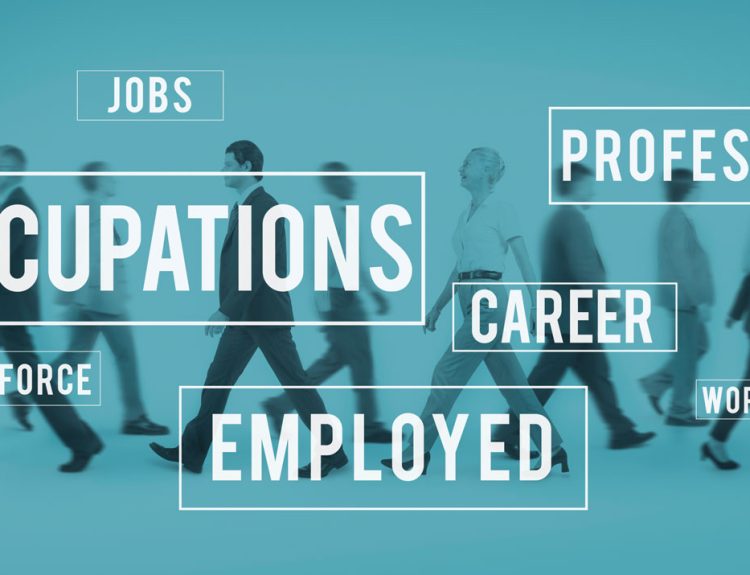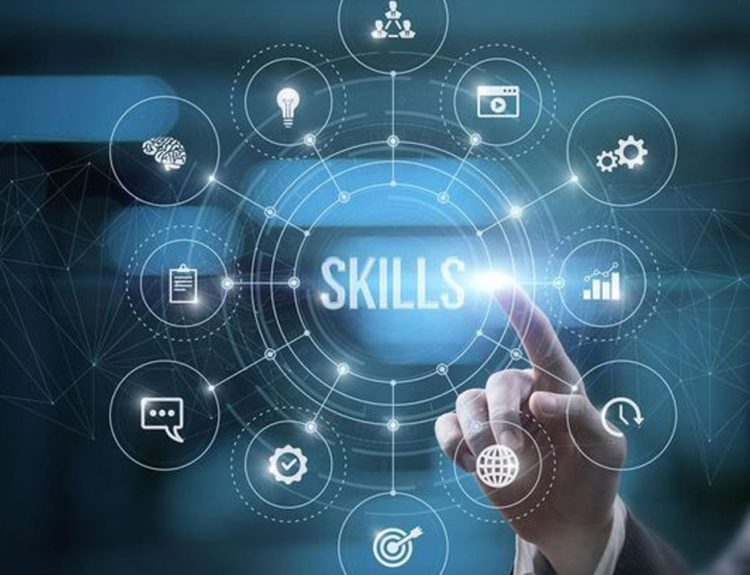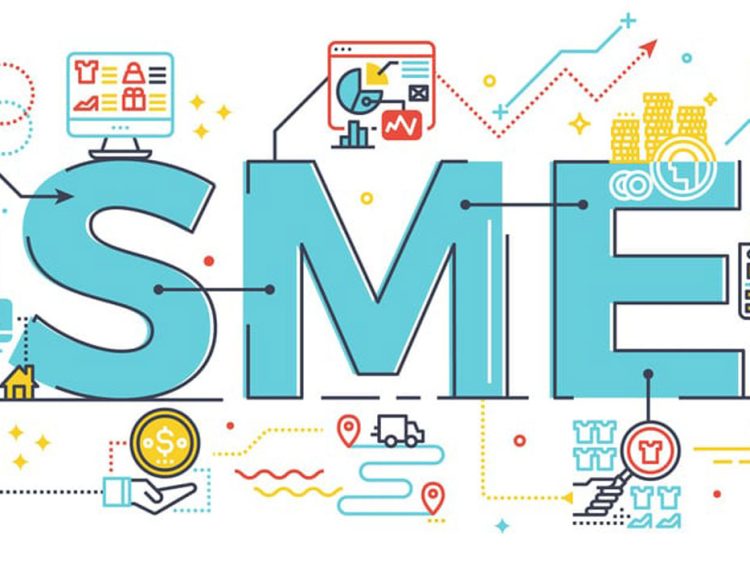Navigating a job interview successfully is a crucial skill that can open doors to new career opportunities. The journey to mastering this skill begins with thorough preparation. Researching the company you are applying to is foundational. Understanding its mission, values, products, and recent developments not only helps you tailor your responses to align with the company’s goals but also shows the interviewer that you are genuinely interested in the organization. Additionally, having a clear grasp of the job description and the required skills ensures that you can effectively highlight your most relevant experiences and qualifications during the interview.
Preparation for the interview extends to anticipating and practicing answers to common questions. Typical questions like “Tell me about yourself” and “What are your strengths and weaknesses?” are almost always asked, so having well-thought-out, concise answers can set a positive tone for the rest of the interview. For behavioral questions, which often start with “Tell me about a time when…,” using the STAR method (Situation, Task, Action, Result) can be particularly effective. This method helps you structure your answers to clearly demonstrate your problem-solving abilities and achievements. If the role requires specific technical knowledge, make sure to review and practice relevant skills or concepts to confidently tackle any technical questions.
Practice is a critical component of interview preparation. Conducting mock interviews with friends, family, or mentors can help you get comfortable with the interview format and receive constructive feedback. Recording yourself while answering questions can also be beneficial. Watching the recordings allows you to refine your body language, tone, and delivery, ensuring you come across as confident and articulate.
First impressions are vital, and dressing appropriately for the interview is an essential aspect of making a positive impression. Choose attire that matches the company’s culture—when in doubt, lean towards business professionals. Arriving early for the interview demonstrates punctuality and gives you a few minutes to compose yourself and review any last-minute notes. Bringing necessary documents, such as multiple copies of your resume, a portfolio if applicable, and a pen and notepad for taking notes, shows that you are well-prepared and organized.
During the interview, positive body language can significantly impact how you are perceived. Maintain appropriate eye contact, sit up straight, and smile genuinely. These non-verbal cues convey confidence and enthusiasm. Asking insightful questions about the company’s culture, team structure, and role expectations not only shows your interest in the position but also helps you determine if the company is the right fit for you. It turns the interview into a two-way conversation, which can leave a positive impression on the interviewer.
After the interview, sending a thank-you note within 24 hours is a professional courtesy that reiterates your interest in the position and gratitude for the opportunity. This small gesture can make a significant impact. Finally, reflecting on your performance and seeking feedback, if possible, can provide valuable insights for future interviews. Understanding what went well and what could be improved helps you continuously refine your interview skills.
In conclusion, mastering a job interview involves a blend of thorough research, strategic preparation, and confident execution. By understanding the company and the role, preparing and practicing your responses, dressing appropriately, arriving early, displaying positive body language, asking insightful questions, and following up with a thank-you note, you can significantly enhance your chances of success. Continuous reflection and improvement will ensure that you are always ready to seize new career opportunities.








